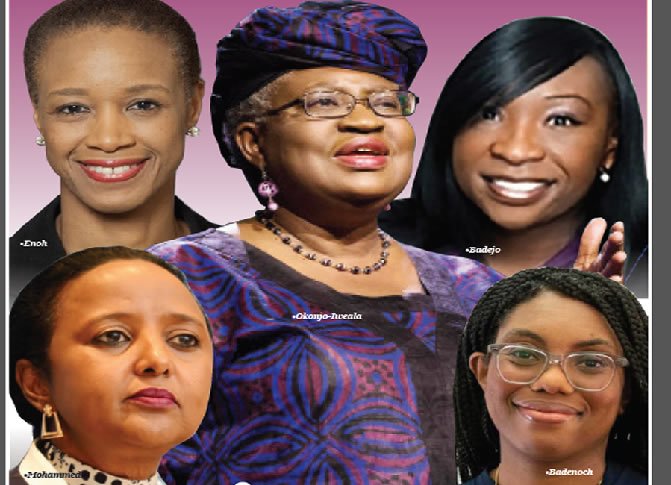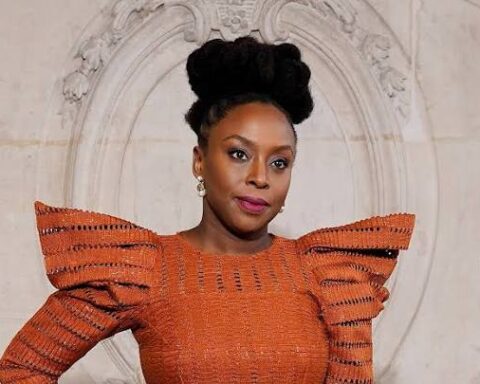By Aderogba George
A coalition under the Nigeria Women in Leadership (WIL) Cohort has urged Nigeria’s private sector and labour policymakers to take urgent, concrete steps to end women’s exclusion from formal employment.
The coalition made the call in a statement issued to journalists on Friday by Hannatu-Favour Asheolge, Media Contact for Gatefield, an advocacy organisation.
According to the group, the appeal follows the release of new data from the Women in the Workplace 2024 report by McKinsey & Company.
The report reveals that women occupy only one in three entry-level positions in Nigeria’s private sector.
The findings, based on gender representation data from 65 companies in Nigeria, Kenya, and India, show that Nigerian women hold just 33 per cent of entry-level private sector roles, in spite comprising nearly half of the country’s workforce.
“The data paints a sobering picture of the challenges facing Nigerian women in formal employment.
“While women make up nearly half of the labour force, their representation in private sector jobs remains alarmingly low and it declines even further up the corporate ladder”.
In the finance sector, the coalition pointed out, the proportion of women drops by 19 percentage points between entry-level and executive roles.
Omowunmi Akingbohungbe, Executive Director of Women in Management, Business, and Public Service (WIMBIZ), said the report reflects the lived reality of many Nigerian women.
“The real problem begins with the entry-level hiring process. If we are serious about growth, we must build systems that guarantee equal opportunity for women from the start and provide the support they need to rise”.
Akingbohungbe argued that companies which fail to harness the full talent pool are hindering their own progress.
She added that civil society groups are calling on companies to adopt gender-equal recruitment targets at entry level and publicly report on progress towards achieving gender equity.
The coalition also urged government and regulatory bodies to develop stronger policies to facilitate women’s advancement in the workplace and promote compliance across the board.
Abosede George-Ogan, founder of Women in Successful Careers (WISCAR), said there is an urgent need to review and strengthen Nigeria’s labour policies to address gender-based workplace inequalities.
“Women need protection from discrimination, assurance of equal pay for equal work, and enforcement of maternity protections as well as inclusive, safe work environments.
“The laws must be updated to reflect the current realities facing women in the workforce”.
Shirley Ewang, Advocacy Lead at Gatefield, also noted the imbalance in leadership representation.
“While 29 per cent of C-suite roles in Nigeria’s formal private sector are held by women, a figure that compares well globally, this statistic masks a deeper issue.
“Too few women are being recruited into formal roles to begin with, and even fewer are supported to advance,” she said.
Follow us on all social media platforms @dailyquery for news and analyses around the globe.


























